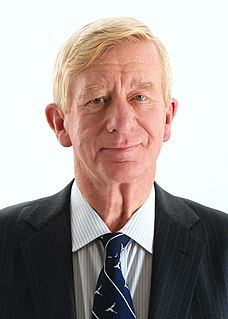A Quote by Aung San Suu Kyi
Democracy acknowledges the right to differ as well as the duty to settle differences peacefully. Authoritarian governments see criticism of their actions and doctrines as a challenge to combat.
Related Quotes
It is true that authoritarian governments increasingly see the internet as a threat in part because they see the US government behind the internet. It would not be accurate to say they are reacting to the threat posed by the internet, they are reacting to the threat poised by United States via the internet. They are not reacting against blogs, or Facebook or Twitter per se, they are reacting against organizations like the National Endowment for Democracy funding bloggers and activists.
There is no time and space limitation for public accountability on the Internet. Creative commonality is standard and does not resemble the authoritarian style of the dead communist experience. It seems that it is no longer society's obligation to understand legislation; it is a duty for governments to be understood by their people.
Those who would be employed in propagating the Gospel should be familiar with the doctrines he is to combat and the doctrines he is to teach, and acquire a complete knowledge both of the Sacred Scriptures and of these philosophical and mythological dogmas which form the souls of the Buddhist and Hindu Systems.
We know that when people are civically engaged, when they understand what their rights are, when they understand that in a democracy you can challenge governments, you can challenge policymakers, and you can... actually shape and form future policy, I think it changes the perception that a lot of young people have about where power is.
The chief duty of governments, in so far as they are coercive, is to restrain those who would interfere with the inalienable rights of the individual, among which are the right to life, the right to liberty, the right to the pursuit of happiness and the right to worship God according to the dictates of ones conscience.



































